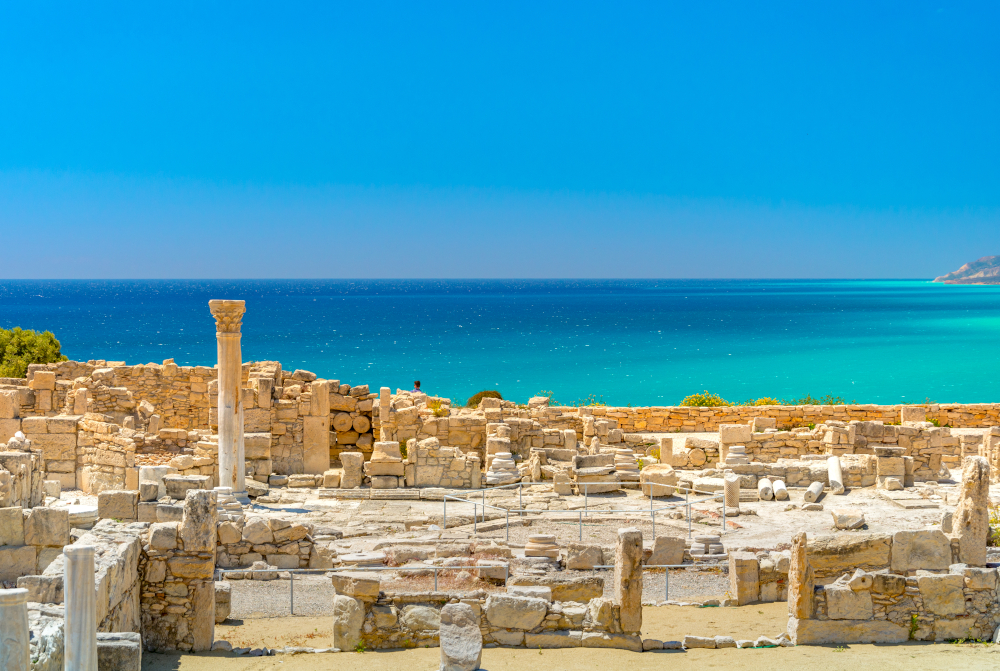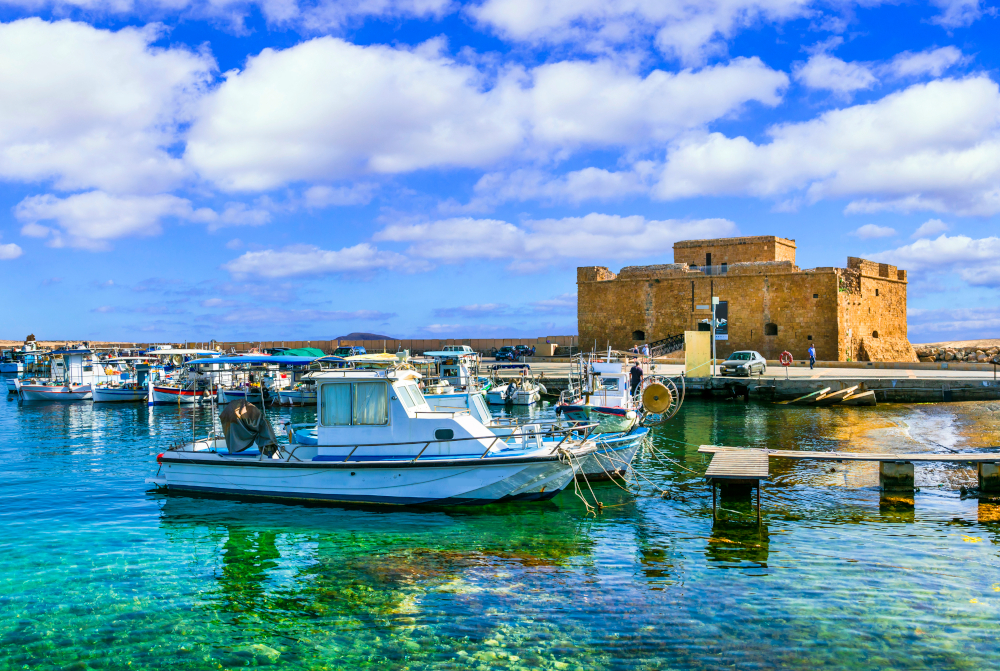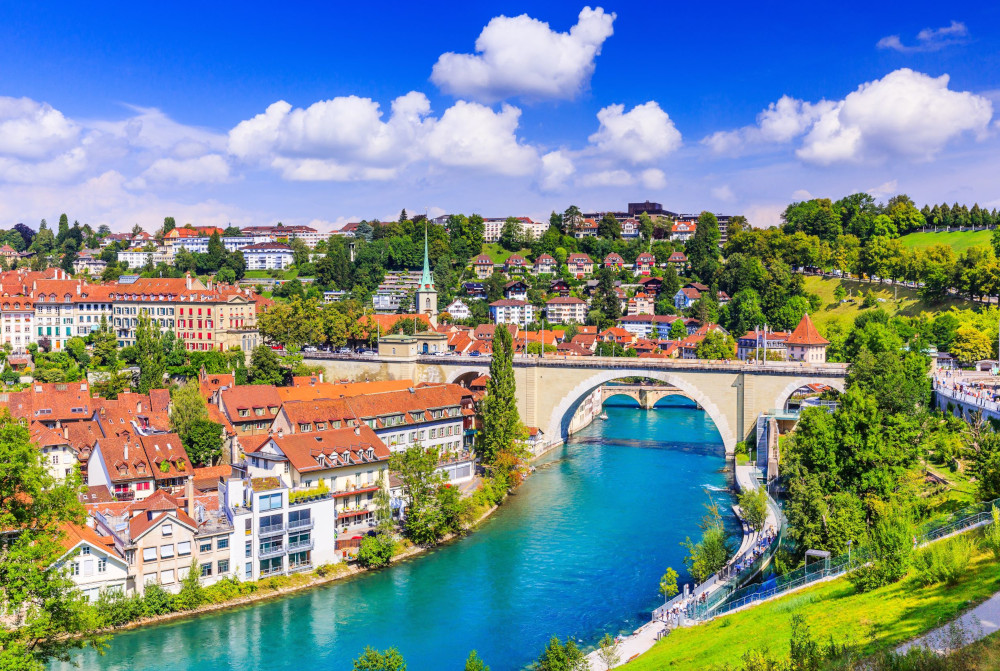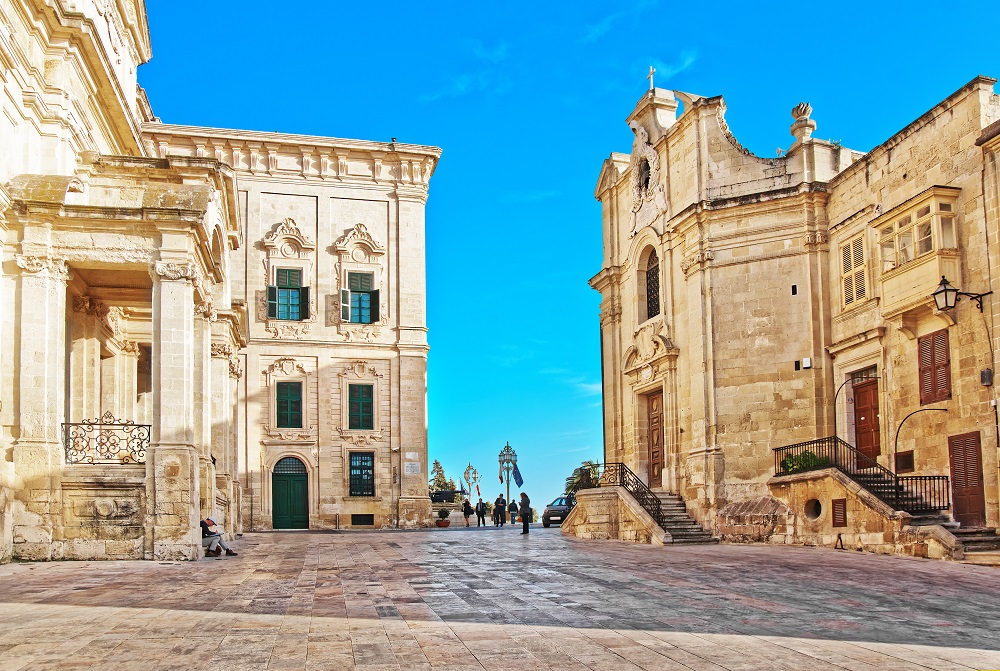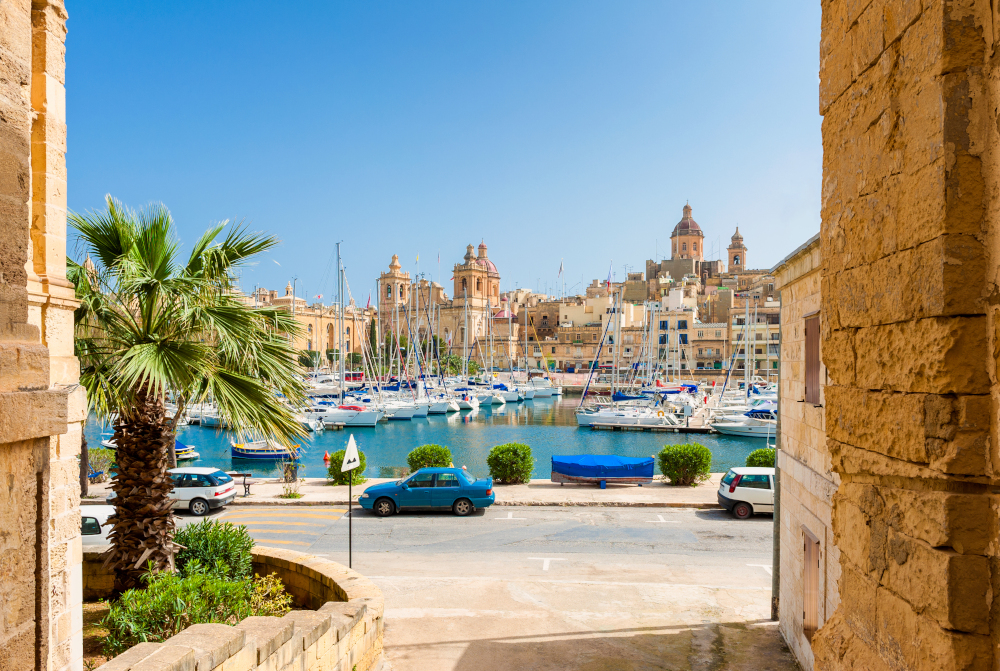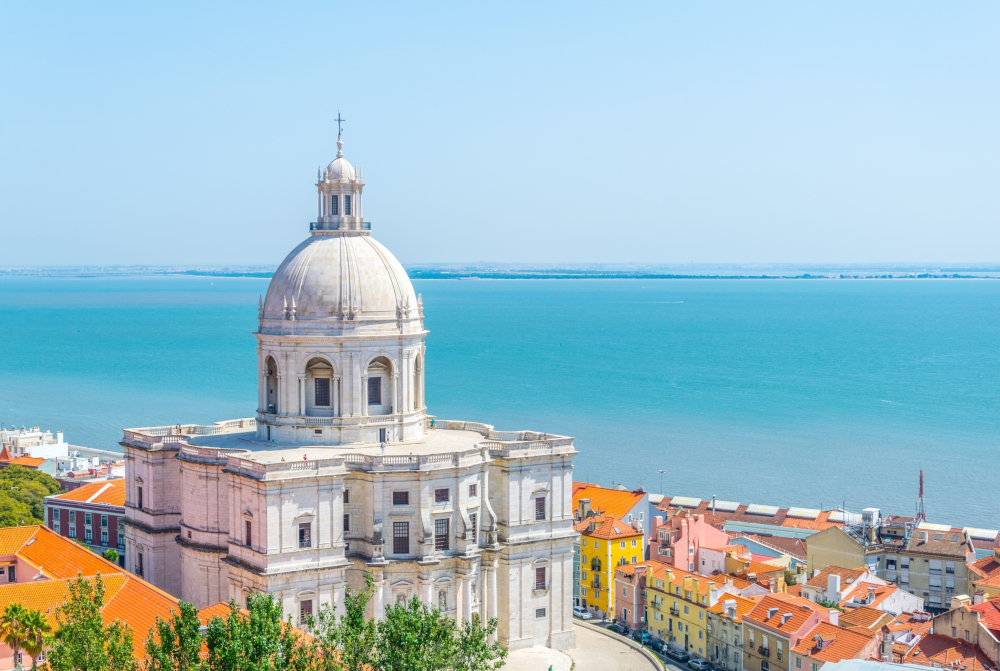Background
Cyprus offers various options for non-EU nationals to acquire residence. Each of these residence routes offer the additional advantage of leading to Cyprus citizenship, as long as the relevant criteria are met.
The different routes are:
- Permanent Residence Permit through investment
- Temporary Residence Permit through the establishment of a Foreign Interest Company
- Temporary Residence Permit through the establishment of a Small and Medium Sized Innovative Enterprise (“Start-up Visa”)
- The Cyprus Temporary Residence Permit, also known as Pink Slip. Under this permit, a person is allowed to live in Cyprus as a visitor (without the right to work). Also, his family members, spouse, and children (under 18 years old) can get the pink slip as dependants. The whole family applies at the same time; each family member files a separate application form and gets this temporary residence card. You must renew the pink slip annually.
- The Category F permanent residence permit is available to individuals with an annual income of about EUR 15,000 for a family of two.
Category F is popular with pensioners and retirees. Both the investor visa and the Category F permit are permanent.
- Digital Nomad visa: non-EU nationals who are self-employed, salaried, or working on a freelance basis can apply for the right to live and work from Cyprus remotely.
Applicants must work remotely using information technology and communicate remotely with clients and employers outside Cyprus.
A Digital Nomad has the right to stay in Cyprus for a period of up to one year, with the right to renew for another two years. During the stay in Cyprus the spouse or partner and any minor family members, cannot provide independent work or engage in any kind of employment activity in the country. If they reside in Cyprus for over 183 days in the same tax year, then they are considered to be tax residents of Cyprus.Each digital nomad must have; a salary of at least €3,500 per month, medical cover and a clean criminal record from their country of residence.
Currently the cap of the total amount of allowed applications has been reached and therefore this programme is currently unavailable.
We will elaborate here below the most popular options of the above mentioned routes.
- PERMANENT RESIDENCE PERMIT
Cyprus has been a member of the European Union since 2004 and in order to attract additional foreign investment the Cyprus government introduced the Permanent Residence Permit scheme. Through this programme, non-EU nationals can guarantee their residence in the EU.
Requirements
The requirements for the Cyprus Residence Permit scheme are:
- Make an investment of at least €300,000, in one of the following investment categories:
A. Purchase residential real estate (house/apartment) by a Land Development company in Cyprus, which should relate to a first sale of at least €300,000 (excluding VAT) OR;
B. Investment in real estate (excluding houses/apartments): Purchase other types of real estate, such as offices, shops, hotels, or related estate developments of a combination of these, with a total value of €300,000 (excluding VAT). Re-sale properties are acceptable. OR;
C. Investment of at least €300,000 in the share capital of a Cyprus company, which is based and operates in Cyprus, has substance in Cyprus, and employs at least 5 people in Cyprus. OR;
D. Investment of at least €300,000 in units of a Cyprus Investment Organisation of Collective Investments (type AIF, AIFLNP, RAIF).
Additional requirements:
Provide evidence of a secure annual income of at least €50,000. This required annual income increases by €15,000 for the spouse and €10,000 for every minor child. This income can come from; wages for work, pensions, stock dividends, interest on deposits, or rent. Income verification must be the individual’s relevant tax return declaration, from the country in which he/she declares tax residence. In the situation where the applicant wishes to invest as per investment option A, the income of the spouse of the applicant may also be taken into consideration. In calculating the applicant’s total income where he or she chooses to invest as per the options B, C or D, his/her total income or part of it may also arise from sources originating from activities within the Republic of Cyprus, provided that it is taxable in the Republic of Cyprus. In such cases, the income of the spouse of the applicant may also be taken into consideration.
Other Criteria
The applicant and their spouse must certify that they do not intend to be employed in the Republic of Cyprus except for their employment, as Directors in a company, in which they have chosen to invest within the framework of this policy.
In cases where the investment does not concern a company’s share capital, the applicant and/or their spouse may be shareholders in companies registered in Cyprus and the income from dividends in such companies shall not be considered as an obstacle for the purposes of obtaining the Immigration Permit. They may also hold the position of Director in such companies without pay.
Holders of the residence permit must visit Cyprus once every two years.
A clean criminal record, issued by the authorities of the country of existing residence & country of origin (if different), needs to be provided upon submission of the application.
Family Members
Residence permits can also be issued to the investors’ spouse and all financially dependent children.
The Option of Cyprus Citizenship
If the holder of a Permanent Residence Permit resides in Cyprus, this may make them eligible for Cyprus citizenship by naturalisation.
- TEMPORARY RESIDENCE PERMIT VIA THE ESTABLISHMENT OF A FOREIGN INTEREST COMPANY
Key Features of a Cyprus Foreign Investment Company
A Cyprus Foreign Investment Company (FIC) is an international company which can employ non-EU nationals in Cyprus. Such a company can obtain work permits for relevant employees and residence permits for their family members.
Main Criteria
The main criteria for a Cyprus FIC are:
- The third country shareholder(s) must own more than 50% of the total share capital of the company.
- The third country shareholder(s) must contribute at least €200.000 to the share capital of the company. This investment can be used, at a later date, to fund future expenses incurred by the company when it is established in Cyprus.
Main Advantages
A key advantage is that after residing for seven years in Cyprus within any ten calendar year period, third country nationals can apply for Cyprus citizenship.
In the shorter term:
- FICs can employ third country nationals, who can apply for appropriate residence and work permits, each of which will be valid for up to two years and are renewable.
- Employees can exercise the right for their families to join them in Cyprus.
- The corporate tax in Cyprus is at a competitive level of 12.5%.
- A Cyprus FIC can also apply for the Notional Interest Deduction Regime, which reduces corporate taxation, by treating new equity in the same way as debt. Please contact Dixcart for more information: advice.cyprus@dixcart.com
- Cyprus has Double Tax Agreements with almost 60 countries.
- Dividend income is exempt from corporate and individual taxation.
- Dividend distribution to shareholder(s), is exempt from withholding tax.
- TEMPORARY RESIDENCE PERMIT VIA THE ESTABLISHMENT OF A SMALL AND MEDIUM SIZED INNOVATIVE ENTERPRISE (START-UP VISA)
The Cyprus ‘Start-up Visa’
The Cyprus Start-up Visa Scheme allows entrepreneurs (individuals or in a team), from third countries (outside the EU and outside the EEA), to enter, reside and work in Cyprus in order to establish, operate, and develop a start-up business.
Who Can Benefit from the Scheme?
- Individuals
Non-EU country nationals who are the founders or owners of an enterprise that meets the following requirements:
- the enterprise must be innovative – research and development costs must represent at least 10% of its operating costs, in at least one of the three years preceding the submission of the application, as certified by an external auditor. In the case of a new enterprise, without any financial history, the evaluation will be based on a Business Plan that must be submitted to the Ministry of Finance.
- the Business Plan must provide that the enterprise’s head office and tax domicile will be established in Cyprus.2. Teams
Team consisting of non-EU nationals:
- Founders that consist of a maximum of five individuals, or at least one founder plus other senior executives, up to a maximum of five individuals. The senior management must be to C-suite level employees (managers).
- The team must own at least 25 % of the company shares.
- The founder must have access to a minimum €10,000. Where there are more than two founders, the total capital must be a minimum €20,000.
- At least one of the team members holds an undergraduate or equivalent professional qualification.
The requirements mentioned above, relating to individuals and the enterprise criteria, also apply to team applications.
What are the Benefits of the Start-up Visa Scheme?
- Individuals and team members, approved under the Start-up Visa Scheme, will benefit from the right to undertake economic activity and to reside in Cyprus for 3 year, with the option of renewing this for another 2 years.
- Option to employ non-EU nationals up till 50 % of the company’s entire staff, with the option of hiring additional foreign personnel if the start-up investment in Cyprus is equal to, or exceeds €150,000
- Additional family members can move to Cyprus and a specified number of individuals from non-EU countries, can be employed, without prior approval from the Department of Labour, again assuming the success of the business
Renewal procedures
In case a company has a sales revenue of at least €1,000,000.00, and whose research and development expenditure amounts to at least 10% of the total operating expenses for one of the past 3 years, different evaluation criteria apply which establishes more distinct and objective conditions for the renewal of the start-up visa after the initial 3-year period. Specifically, start-ups wishing to renew their relevant visas will be required to demonstrate either a minimum increase of 15% in their revenues or investments of at least €150,000 during the period of their operation in Cyprus. Additionally, the companies applying for a renewal visa will be expected to have either created at least 3 new jobs in Cyprus, or participated in a local innovation support scheme, or launched at least one product or service.
- Amendments to the Income Tax Law mean that there are special tax incentives for ‘natural persons’ who are investing in innovative companies.
The type of investment subject to the tax reduction include: the capital investment, investment in debt instruments, investment in loans, follow-on investments. The tax reduction can be up to a maximum 50% of the investor’s taxable income in the year that the investment takes place. The amount of the tax reduction cannot be greater than €150,000 per year. It is possible for the tax reduction to be carried forward and enjoyed anytime during the five years following the investment.
Additional Information
If you require any further information, please contact Katrien de Poorter, in the Dixcart office in Cyprus: advice.cyprus@dixcart.com.


